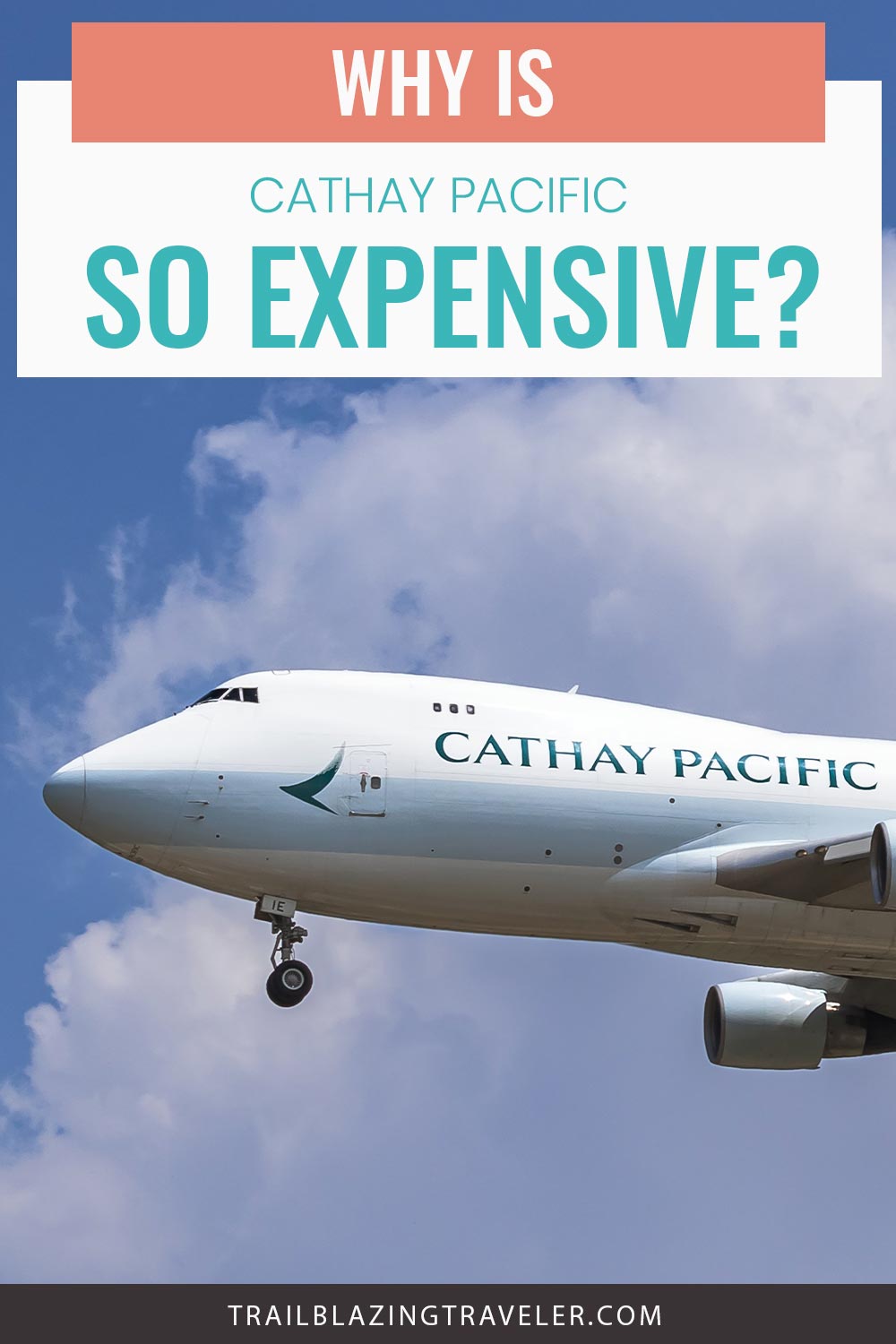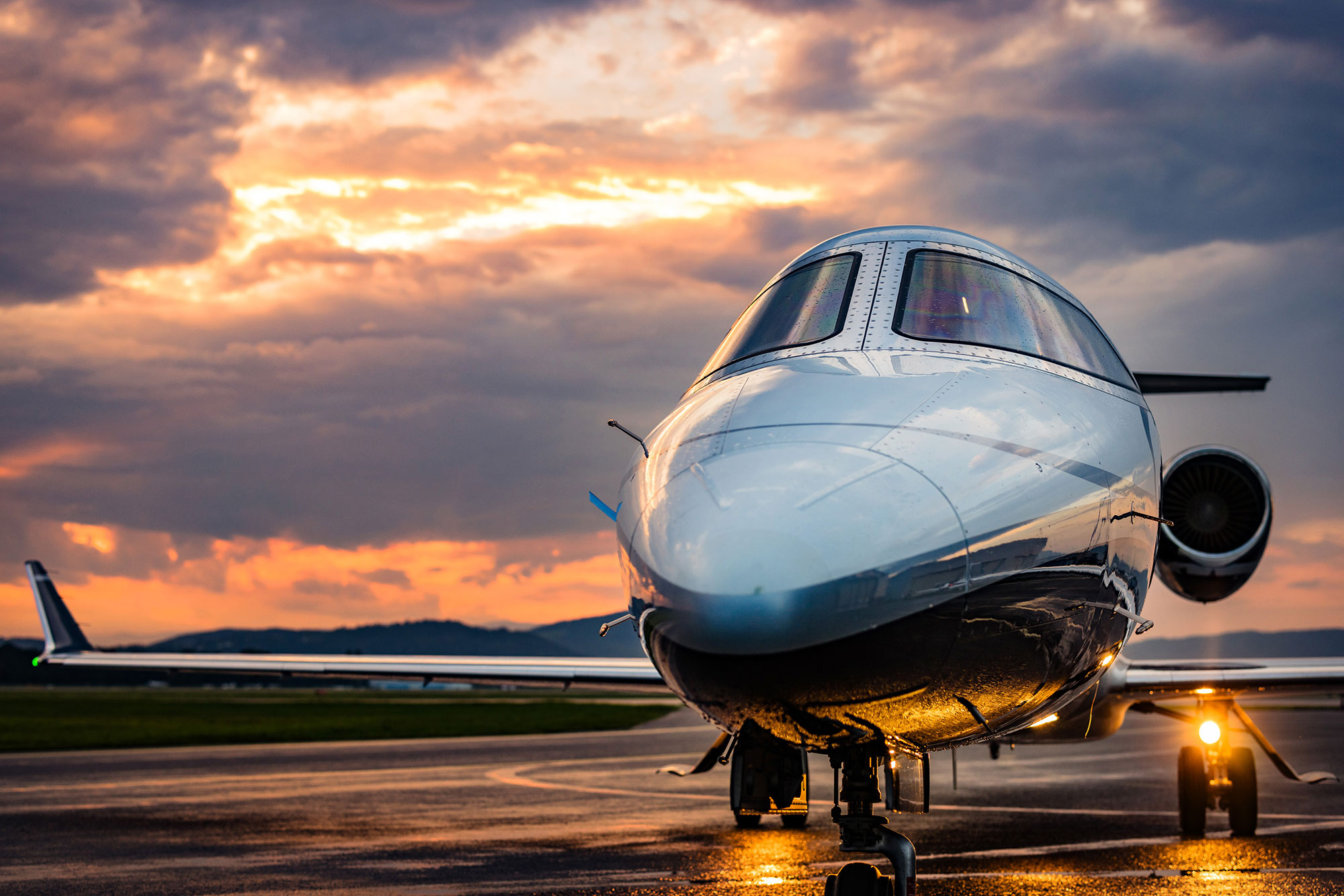In recent times, the private jet industry has experienced a major surge in popularity, reworking the best way individuals and businesses strategy air journey. This article aims to explore the varied dimensions of private jet utilization, together with the motivations behind this development, the demographics of private jet users, and the environmental implications of private aviation. By way of observational analysis, we'll delve into the world of luxury air travel and its evolving significance in contemporary society.
Private jets have lengthy been related to wealth and exclusivity, catering primarily to excessive-net-worth individuals, celebrities, and corporate executives. Nevertheless, the panorama of private aviation has shifted dramatically, with an rising quantity of people from diverse backgrounds opting for private jet travel. A better look at this phenomenon reveals a number of key motivations driving the demand for private jets.
Considered one of the first reasons individuals select private jets over commercial airways is the comfort they provide. Private jets allow travelers to bypass the long strains and security checks usually associated with commercial flights. Observations at numerous private jet terminals point out that passengers respect the flexibility to arrive just minutes earlier than takeoff, eliminating the stress and time constraints of conventional air travel. This convenience is especially interesting to enterprise executives who require flexibility in their schedules, enabling them to attend meetings or events with minimal downtime.
Furthermore, the COVID-19 pandemic has additional accelerated the shift in direction of private aviation. As health and security issues turned paramount, many travelers sought to reduce their exposure to crowded airports and business flights. Observational information suggests that private jet utilization surged throughout the pandemic, with people and families opting for private travel as a safer different. This pattern has persisted even as industrial airways have resumed operations, indicating a long-lasting change in consumer conduct.
Demographically, private jet users are usually not solely comprised of the ultra-rich elite. A rising number of individuals from the higher-middle class are exploring private jet options, significantly by means of charter services and fractional ownership packages. These services permit clients to entry private jets with out the hefty value tag of outright possession. Observations at varied private jet charter companies reveal a various clientele, together with entrepreneurs, tech executives, and households in search of luxury journey experiences. This democratization of private aviation is reshaping the trade and expanding its enchantment past traditional wealthy consumers.
Another noteworthy statement is the growing prevalence of private jet memberships and on-demand companies. Companies like Wheels Up and JetSuite supply subscription models that provide members with access to a fleet of aircraft at a fraction of the cost of ownership. This model has attracted a younger demographic, significantly millennials and Gen Z travelers who worth experiences over materials possessions. By offering versatile and inexpensive choices, these corporations are tapping into a brand new market of travelers who prioritize comfort and luxurious.
Nonetheless, the rise of private jets will not be without its criticisms, notably regarding environmental sustainability. Private jets are often seen as symbols of excess and environmental irresponsibility, as they contribute considerably to carbon emissions. Observational research highlights the stark contrast between the luxurious experience of private jet travel and the rising consciousness of local weather change. Many private jet users have gotten increasingly acutely aware of their carbon footprints and are in search of methods to mitigate their environmental influence.

In response to those concerns, some private jet companies are implementing extra sustainable practices. Observations point out that quite a lot of operators are investing in gas-environment friendly aircraft and exploring alternative fuels to scale back emissions. Moreover, some companies are providing carbon offset applications, permitting travelers to compensate for his or her flights' environmental affect. This shift towards sustainability displays a broader pattern within the luxury travel trade, where customers are increasingly prioritizing eco-pleasant choices.

The private jet industry is also adapting to technological advancements, with improvements akin to app-based booking programs and enhanced in-flight connectivity. Observations at numerous private jet terminals reveal that travelers recognize the seamless integration of know-how into their journey experiences. From actual-time flight tracking to personalised in-flight companies, technology is enhancing the general experience of private jet travel, catering to the demands of a tech-savvy clientele.
Moreover, the position of private jets in company travel cannot be missed. Companies are more and more recognizing the value of private aviation in facilitating efficient journey for employees. Observational data from company travel departments point out that firms are investing in private jet services to optimize productiveness and streamline operations. By reducing journey time and enhancing flexibility, private jets are becoming an integral a part of company journey methods.
As we observe the evolution of private jet travel, it is clear that this trade is undergoing a transformation. The mixture of convenience, safety, and luxurious has made private jets an attractive option for a broader viewers. Nonetheless, the environmental implications of private aviation remain a urgent concern, prompting industry stakeholders to seek sustainable solutions.
In conclusion, the rise of private jets displays altering attitudes toward air journey and luxury. Observational analysis highlights the motivations behind this pattern, the demographics of private jet users, and the trade's response to environmental challenges. As private aviation continues to evolve, it is going to be important for stakeholders to stability the need for luxurious journey with the need for sustainability. The way forward for private jets will doubtless depend upon the business's capability to innovate and adapt to the changing expectations of consumers in an more and more environmentally aware world. The skies may be full of private jets, however the responsibility to protect the planet remains a shared journey for all travelers.
No Data Found!

